What unnecessary things do you have at home? Not everyone will be able to immediately answer this question in detail. Because almost all things that are not in use at the moment are usually transferred to the “what if they come in handy” category. A significant proportion of Russians like to keep old household and wardrobe items, believing that they will be used in the future. The Japanese (and not only them!) try to get rid of the old and unnecessary.

Russian tradition: do not throw away, but remake
There is a tradition in Russia: do not throw away, but make something new out of the old. This approach to life has its origins in the Soviet past. Our mothers and fathers, grandmothers and grandfathers, who knew what a deficit is, on a subconscious level store “everything that was acquired by back-breaking labor.”
What are the Russians changing?
It is easy to answer the question of what our compatriots are remaking. All! And this is not an exaggeration! Although the times when you sewed outfits from old clothes and knitted scarves and hats from unwanted sweaters are already gone.Despite the fact that now it has become easier to buy a new one rather than remake an old one, this tradition does not lose its relevance.
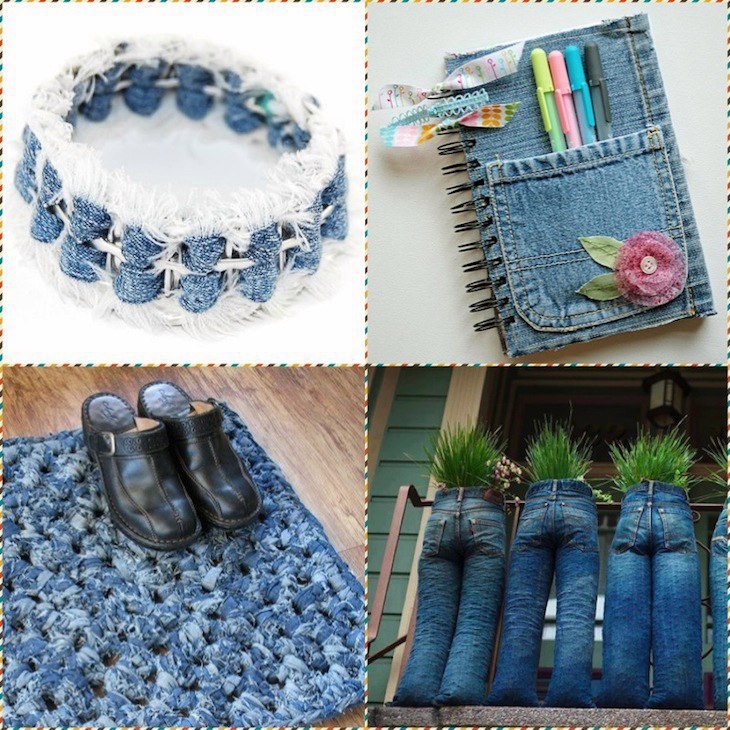
Russian creative Plyushkins give new life to old things.
Important! Craftsmen have a creative approach to any thing. They alter skirts and dresses in a modern manner, make flower beds from car tires, and knit rugs for the home from old clothes cut into shreds.
And these are just a few examples of the unquenchable imagination of the masters. How to evaluate this reluctance to part with old things? Is it good or not so much to get carried away with alterations?
Pros and cons of alterations
Developed creative potential causes only admiration. There is, of course, a positive side to this.

- The “second life” of things helps save the family budget. After all, you don’t have to buy all the consumables.
- By continuing to use things, a person has a positive impact on the environment. He does not increase the amount of waste by throwing away still useful things, and does not go shopping, which, quite likely, will also turn out to be unnecessary.
However, love and desire to give new life to old things often leads to the fact that they are not thrown away at all.
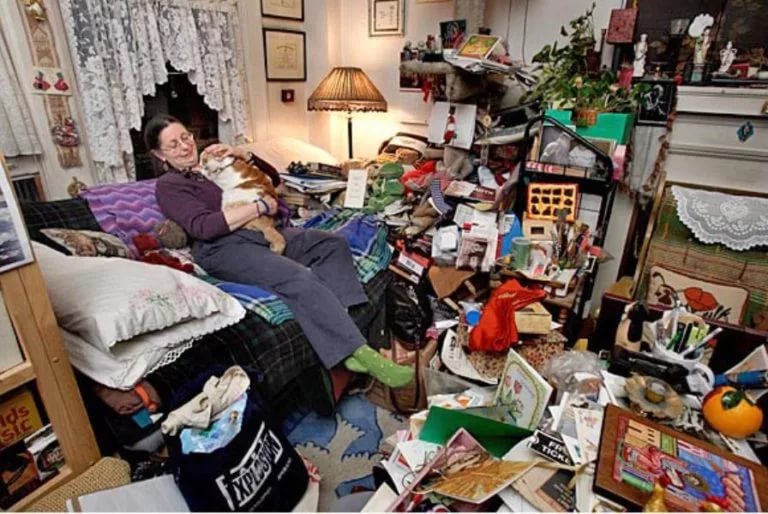
- When the house begins to resemble a junk warehouse, there is little positive about it.
- What is really needed may not find a worthy place.
- Good, modern things can be stored in a secluded place. And therefore, they lose their relevance and value, waiting until the time comes for them to be remade into something new.
Decluttering is Japanese
In Japan, people have a different attitude towards accumulating old things. In the last decade there has been a real boom in decluttering.
What the Japanese call decluttering
 In the Land of the Rising Sun, they try not to “hold on” to things, thinking that they will come in handy someday. Here the price includes freedom from unnecessary things and clean space.
In the Land of the Rising Sun, they try not to “hold on” to things, thinking that they will come in handy someday. Here the price includes freedom from unnecessary things and clean space.
Many authors offer their own methods for clearing your home of junk.
Reference! Marie Kondo is one of the most popular authors promoting decluttering techniques.
Japanese tidying consultant recommends while cleaning sort things by category rather than by storage location. For example, stacking books with books, shoes with shoes. By sorting in this way, a clearer picture of the “wealth” available is created. The author of the technique advises to leave only those things that you really need and like, do not regret get rid of things that have not been used for a long time.
Important! If cleaning this method becomes your lifestyle, you will forget about the mess and trash in your home!
Cleaning using this method gives the opportunity to cleanse the house of things that do not bring joy. And, conversely, introduce into daily use those that will lift your spirits day after day.
Start using the set you used on holidays every day. Don’t feel sorry for an elegant dress and start wearing it just like that, without waiting for the special moment. And those things that are not needed and do not give pleasure must be parted with joy.
Attention! If you have decided that it is time to change something in your life, then decluttering is where you need to start a new life!
Pros and cons of decluttering

pros getting rid of junk is obvious.
- Let's free up space.
- We remember long-forgotten things.
- We help those in need - we give as gifts.
- How to make money: try to sell before throwing away;
- We benefit society and the environment - we recycle;
- We give away or exchange unnecessary things in the free market.
Despite the many advantages, decluttering has one, but significant one: minus.There is an increased risk of throwing away something that may soon be unexpectedly needed.
What to do with unnecessary things: throw away or leave for rework?
There is hardly a clear answer to this question. Each of us lives according to our own habits and rules, with different levels of income, needs and creative potentials. Therefore, everyone has their own answer to this question.

- Try to estimate the space occupied by things that you have not used for several years. If you have a lot of free space, well, keep storing.
- Remember the wise Chinese. They claim that the new will not appear in life until the old leaves it. Haven't had any new things for a long time? Get rid of unnecessary things! The likelihood of new ones appearing will increase significantly!
- Do you want some benefits for your karma? There are probably people around you who need items from your pantry. You will definitely get positive emotions!


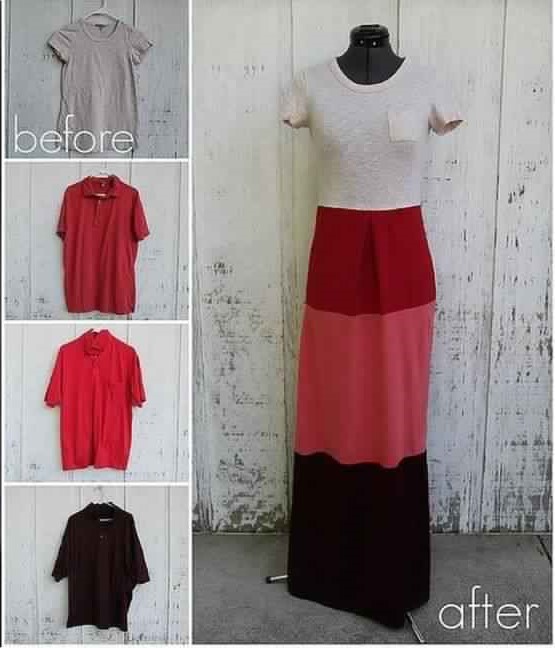
 0
0


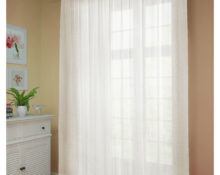

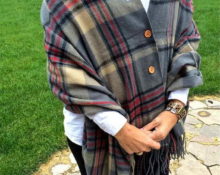

And what if the Japanese are in very small closets? And where should they clutter up?
The beginning of the alterations did not begin in the Soviet era. It's much older. It comes from peasant life, when many things were made by hand and used with care.And wedding sundresses were passed down from grandmother to mother, from mother to daughter. They were sometimes very rich, rich in gold and pearls. But not only were such things not thrown away, but mother’s and father’s old shirts were not thrown away when they were torn. They were used to sew clothes for small children, not because of poverty, but because the worn-out fabric is much softer and does not injure children’s delicate skin. And so on... there are tons of examples if you look for them.
By the way, the same Japanese have the art of kintsugi - restoration of ceramic (!) products using varnish-glue mixed with gold or silver powder. That is, the repaired nature of the products is emphasized, since the seams are clearly visible. The philosophy of this art says that breakages and cracks are history and do not deserve to be forgotten or disguised.
Throwing away the old, believing that something new will come in its place, is possible only when you have the opportunity and resources to acquire this new thing. I, too, once..., under the influence of new trends, gave my clothes to the village, leaving a minimum for myself. The result was that for about eight years I couldn’t buy anything worthwhile for myself, since they didn’t raise our salaries, I worked alone, raised a child without child support, and was forced to take out a loan for dentistry. I remembered those things more than once. They write this way in order to increase sales. Before you do anything, you must first think with your head.